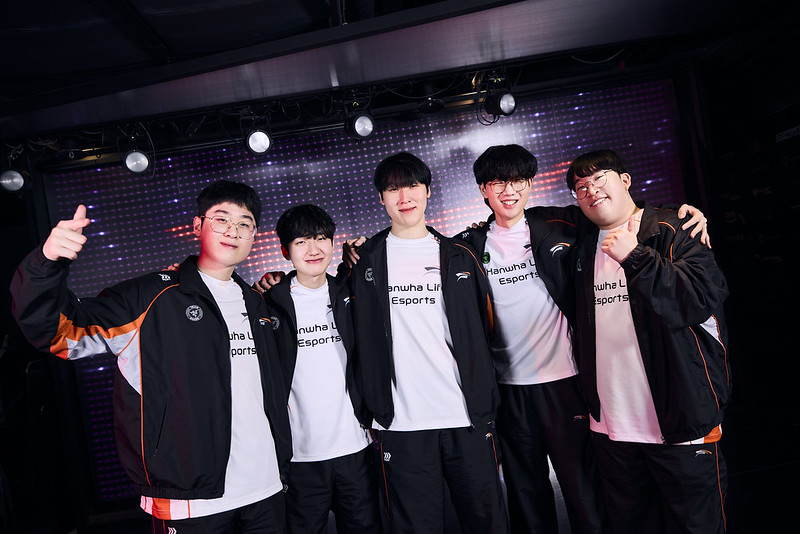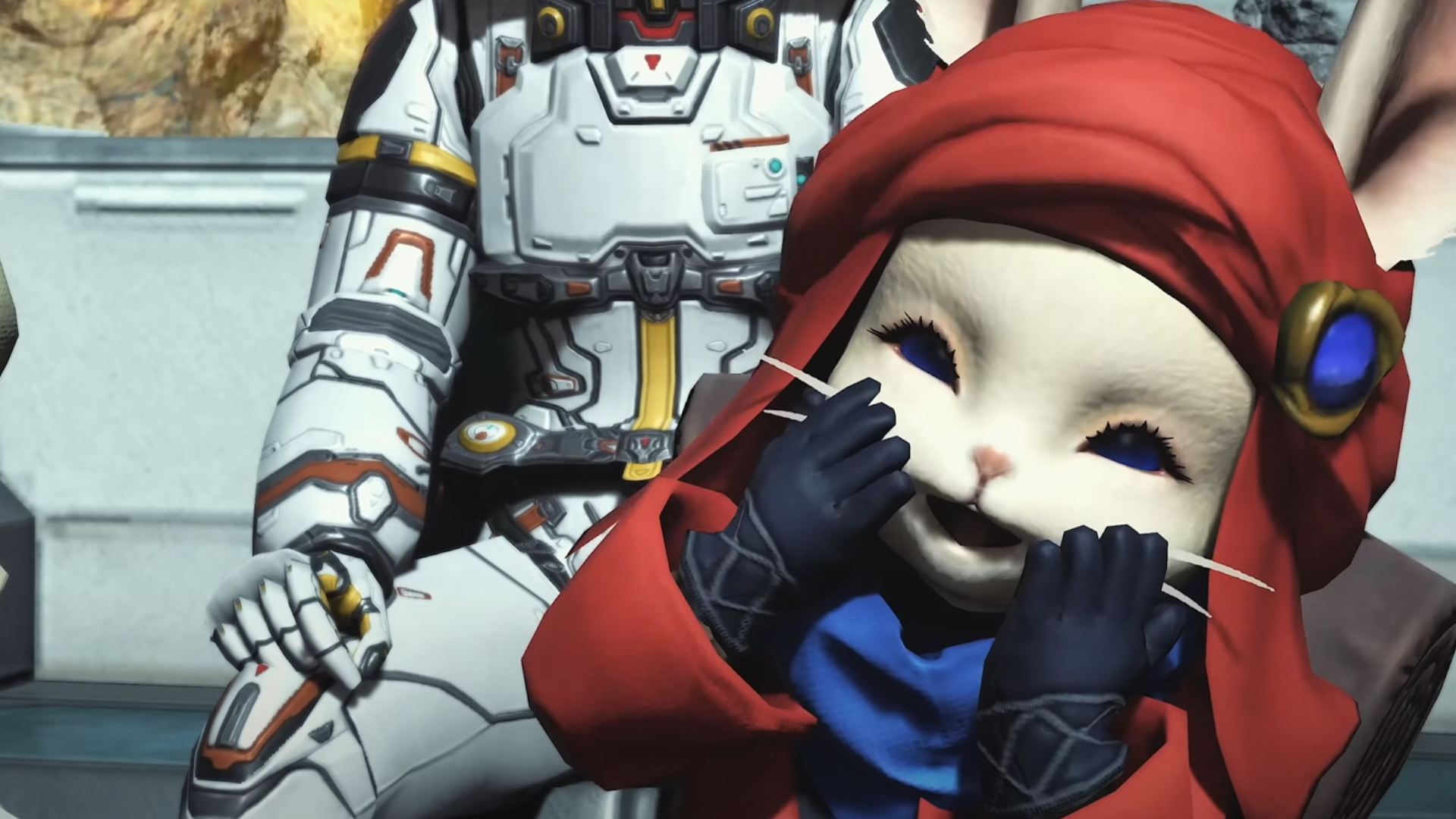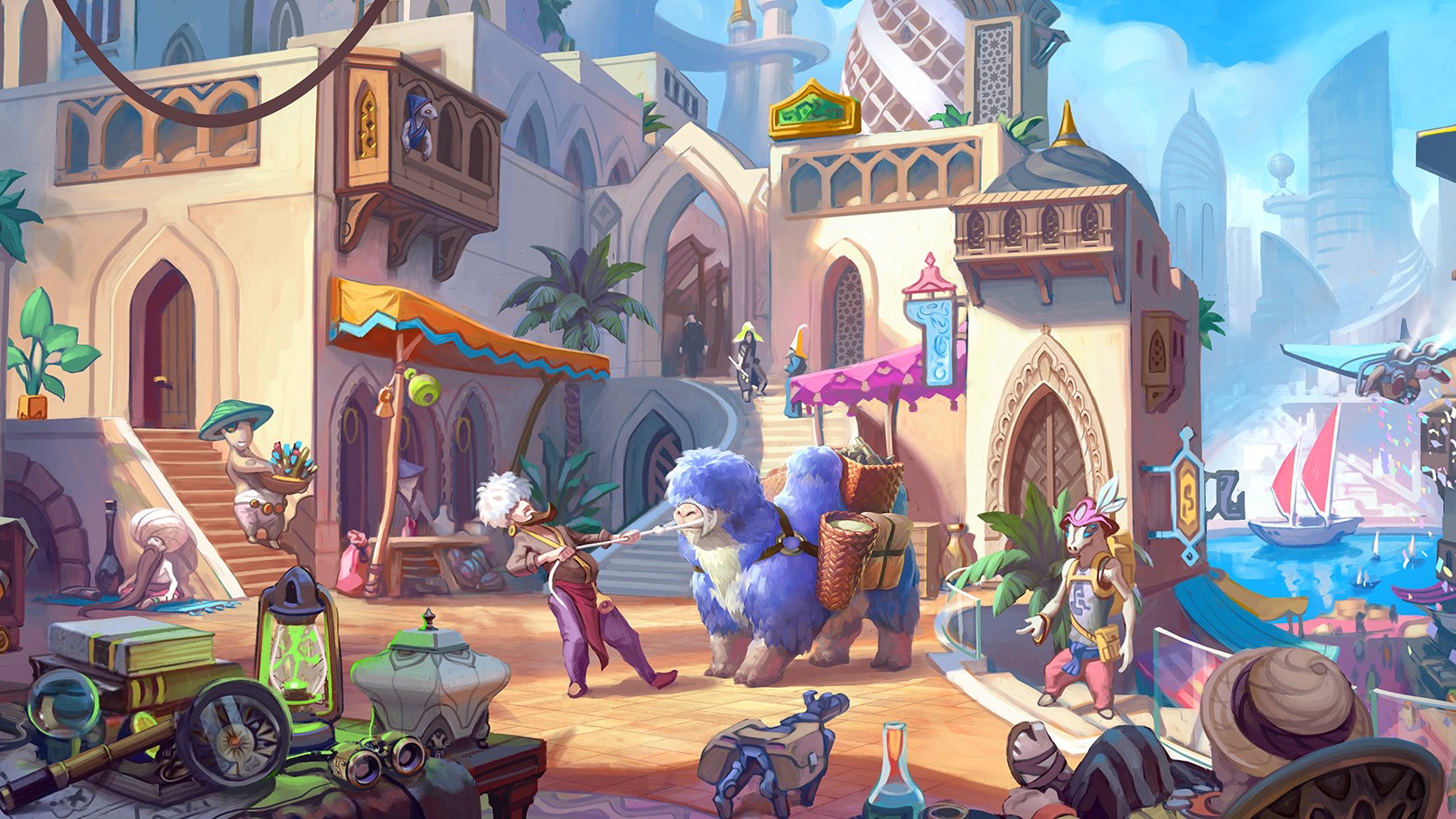
Mecha BREAK Has a Lot to Like and a Little to Worry About
Jumping headfirst into Mecha BREAK’s chaotic, frenzied combat is overwhelming at first. That’s partially because its presentation is dizzyingly stylish, with flashing neon beams and blisteringly fast mecha screaming through the sky as you and your teammates do your best to capture a king-of-the-hill-like objective or push a payload. The chaos amps up the energy and tension of each skirmish, and certain bots (like my favorite: the Falcon) have additional abilities to help kick up the speed of a match even further. Mecha Break showed lots of promise during my last hands-on preview in January, and now, after a few more hours of hands-on time with the multiplayer mech shooter in its open beta, I’ve had the opportunity to experiment with more of Mecha BREAK’s arsenal of mecha, as well as get a better feel for its modes and controls. And I’m still highly impressed with its arena shooter-style gameplay and with how good it looks.
While my go-to mech is good for jetting around above the battlefield, laying suppressing fire, and stacking up assists, it’s kind of a glass cannon. That’s where something like the Tricera comes in. New in this beta, this tanky terror is appropriately named after the armored dinosaur. It may be slow and less maneuverable than Falcon, but what it lacks in speed and mobility, it makes up for in raw firepower with its twin gatling guns, overhead cannon, and beefy shields. Each mecha truly feels and plays differently, and I loved swapping between them from match-to-match.
Even the act of unlocking new mecha is really cool. Instead of just gaining a new selection in your pre-match lobby: unlocking a mech using one of the two in-game currencies I encountered triggers a really flashy cutscene, flexing Mecha BREAK’s stellar mecha design while showcasing some of the new chassis’s capabilities. It does remind me a bit of unlocking a new playable character in a gacha game, which points to some potentially concerning monetization practices. Emphasizing my concerns, Mecha BREAK appears to have something resembling a battle pass, complete with premium and free tiers along with a premium currency. Everything I saw in the beta was free, and most of the apparently premium unlockables I found were cosmetic, with only one mecha being gated behind battle pass progression. But just as gameplay in a game’s beta might not reflect the final version at launch, monetization and in-game mecha or currency prices might not be final either.
Unlocking a mech using one of the two in-game currencies I encountered triggers a really flashy cutscene, flexing Mecha BREAK’s stellar mecha design while showcasing some of the new chassis’s capabilities.
The looming threat of aggressive monetization tactics aside, I had lots of fun with this beta… even if I had some trouble shaking off my rust after a few months. After a match or two spent grappling with its controls thanks to an unfortunately scant tutorial, I was eventually able to get back up to snuff with Mecha BREAK’s fast-paced gameplay. As I unlocked and tried out more and more mecha, things started to fall back into place.
Its half-baked tutorial—which doesn’t seem like it’s changed or improved since my last preview —left me with more questions than answers about the starter Alysnes’ mecha’s abilities. This was even more frustrating given the fact that you can take any mecha into a firing range of sorts to test out its abilities from the main menu after completing the tutorial, which was a much easier way to learn each machine’s strengths and weaknesses, free from the introductory level’s dissociative chaos.
It doesn’t help that the tutorial begins abruptly, seemingly in the middle of a story without any context, and doesn’t have any bearing on the rest of what I saw in the beta. Backed by flat, generic dialogue trying to squeeze story and plot into a place where it doesn’t make much sense, the tutorial (where you essentially march forward, shooting spongey enemies before taking on a titanic boss mech) felt like an entirely different game compared to its high-energy multiplayer, which I couldn’t put down.
The modes I saw all followed pretty standard objective-based modes you’d find in any team shooter: I escorted payloads and captured objectives, and had lots of fun doing it thanks to Mecha BREAK’s combat, which is easily the star of the show. By catering to different playstyles and power sets, each mecha felt distinct and natural within its suite of abilities. Equipped with a diverse mix of melee and ranged attacks and helpful abilities like cloaking or shields, I found something to enjoy in every match I played—not just ones where I got to play as the mecha I was best or most comfortable with.
While this beta doesn’t add too much new content on top of what I’ve already seen in previous versions, it did cement my excitement for Mecha BREAK’s eventual launch thanks to its polished gameplay and visual style. But it also left me more wary about its other modes, which are still gated off, and its monetization structures. Let’s hope my worst fears about those don’t come to pass.







